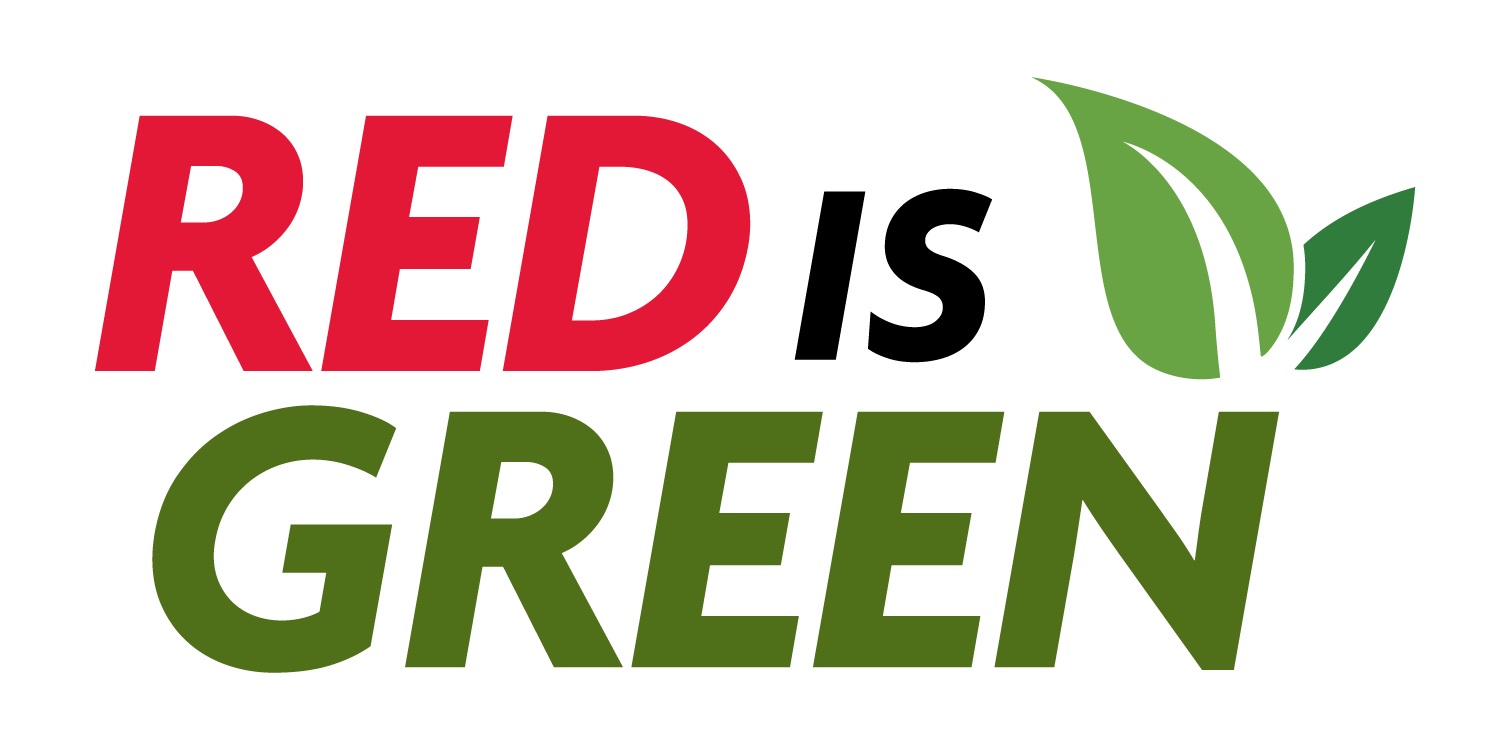Bulletin News

05/02/2023
As SUNY Cortland students complete final exams and begin to pack up to leave Cortland, many of them realize an alternative meaning for an old cliche: You can’t take it with you.
At least not all of it.
Rather than overfill campus dumpsters with still-useful items they no longer need or want, students are being encouraged to donate nonperishable food and belongings that aren’t traveling home with them.
The university is partnering with Cortland ReUse to collect unwanted bedding, school supplies, dishes, utensils, sports equipment, electronics, small furniture and anything else that might find a second life in another person’s hands.
“Generally, waste accumulated during move-out has been a challenge for all college campuses,” Matthew Brubaker, campus energy manager and chair of the university’s Sustainability Coalition. “Several years ago, SUNY Cortland began encouraging students to donate and recycle any useable items. We are excited about our community partnership this year with Cortland ReUse in hopes that even more items can be donated and reused than in the past.”
Collection boxes will be available in all residence May 5-19. There will be one container for donated food items and another for anything else that might still be useable.
Nonperishable food items will be donated to the SUNY Cortland Cupboard, the campus food pantry that assists students facing hunger insecurity.
The other donated items will be picked up by Cortland ReUse and taken to the nonprofit organization’s warehouse. They eventually will be made available to shoppers at its community-run retail store, providing an affordable option for gently used items.
“While this effort will save SUNY Cortland some funds because there will be less trash to haul, it also benefits Cortland County as it is reducing the amount of material brought to the local landfill,” said Beth Klein, campus sustainability coordinator and a professor in the Childhood/Early Childhood Education Department. “Landfill space is finite, and to expand or build a new landfill will cost the entire community.”
Students who live off campus can take reusable items directly to Cortland ReUse at 245 McLean Road in Cortland. They are open Tuesdays through Saturdays from 10 a.m. to 6 p.m. and Sundays from 11 a.m. to 2 p.m. Cortland ReUse is closed Mondays.
A big goal of the effort is to raise awareness among students, said Justin Neretich, associate director of residence life and housing for operations.
“As a part of supporting our students' development as members of the larger Cortland community, educational efforts are underway to spread the word about the impact we leave behind after heading home for the end of the academic year,” Neretich said. “We look forward to strengthening our educational outreach efforts, and getting students to think about what they can do to be more sustainable just by simply placing items somewhere other than the dumpster.”
As an example of that student engagement, Klein shared that students in a course taught by Caroline Kaltefleiter, a professor in the Communications and Media Studies Department, have developed campaigns to get the word out about “Donate, Don’t Ditch” and “Food Rescue.” The students are also working to match community member needs with available donated items.

